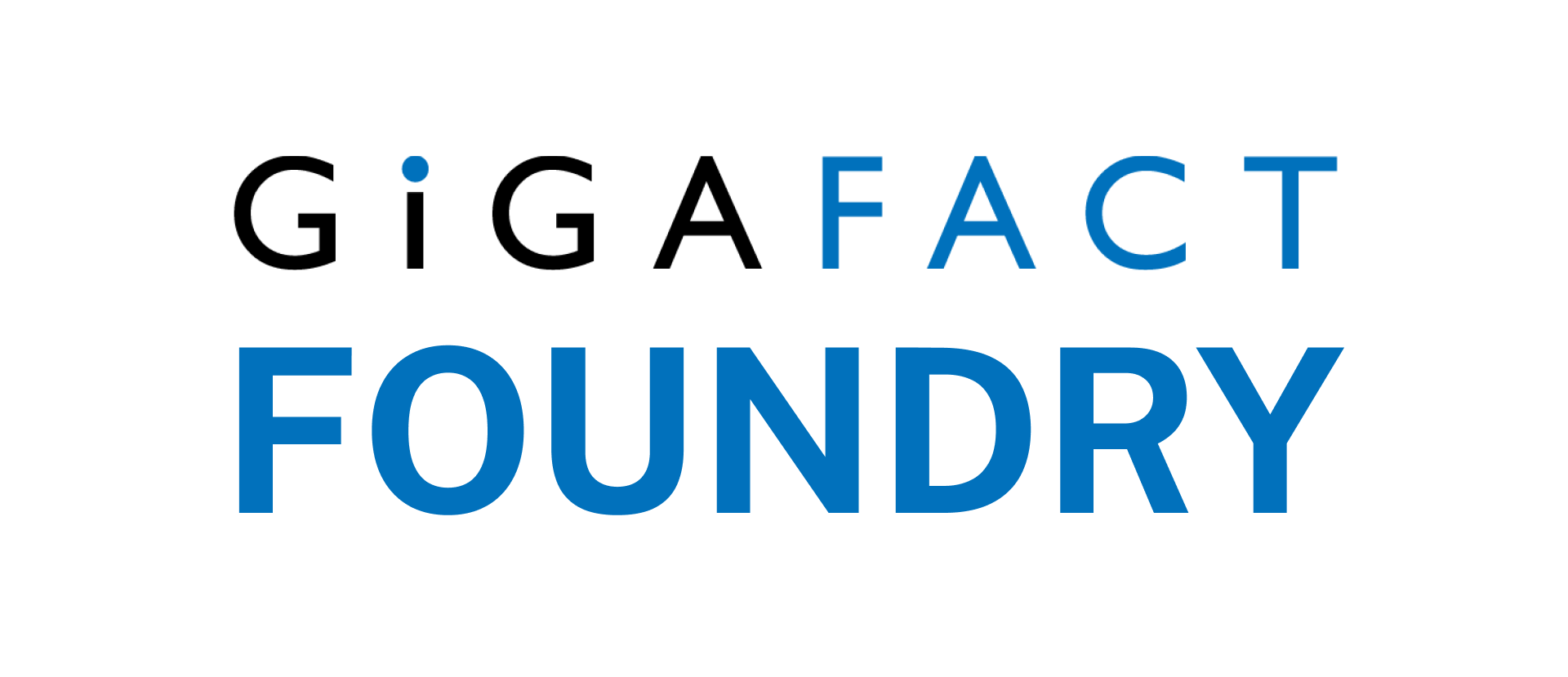Thursday, Jul. 30, 2020
Do recent changes to the Volcker Rule allow banks to make riskier investments?
Federal regulators recently eased restrictions imposed on banks by the Volcker rule, named after the late Federal Reserve chair known for reining in inflation in the early 1980s. Volcker proposed the rule after the 2008 financial crisis as a way to strengthen the banking system.
The changes, among other measures, allow banks to more easily make large venture capital investments and to reserve less cash against certain types of derivatives trades. These potentially risky short-term investments were banned when the rule came into effect in 2014. The only Federal Deposit Insurance Corp. director opposed to the latest changes warned they would remove any "meaningful constraint" on speculative trading by banks covered by FDIC deposit insurance as part of the "federal safety net."
This fact brief is responsive to conversations such as this one.
Sources
About fact briefs
Fact briefs are bite-sized, well-sourced explanations that offer clear "yes" or "no" answers to questions, confusions, and unsupported claims circulating online. They rely on publicly available data and documents, often from the original source. Fact briefs are written and published by newsrooms in the Gigafact network.
See all fact briefs
Between 2020 and 2022, under close editorial supervision, Gigafact contracted a group of freelance writers and editors to test the concepts for fact briefs and provide inputs to our software development process. We call this effort Gigafact Foundry. Over the course of these two years, Gigafact Foundry writers published over 1500 fact briefs in response to claims they found online. Their important work forms the basis of Gigafact formats and editorial guidelines, and is available to the public on Gigafact.org. Readers should be aware that while there is still a lot of relevant information to be found, not all fact briefs produced by Gigafact Foundry reflect Gigafact's current methods and standards for fact briefs. If you come across any that you feel are out of date and need to be looked at with fresh eyes, don't hesitate to contact us at support@gigafact.org.
Learn MoreLatest Fact Briefs
Is there a scientific consensus that life begins at conception?
Thursday, Aug. 4, 2022
Do countries around the world subsidize fossil fuels?
Wednesday, Aug. 3, 2022
Is the repeal of Roe v. Wade expected to increase the maternal death rate?
Wednesday, Jul. 27, 2022
